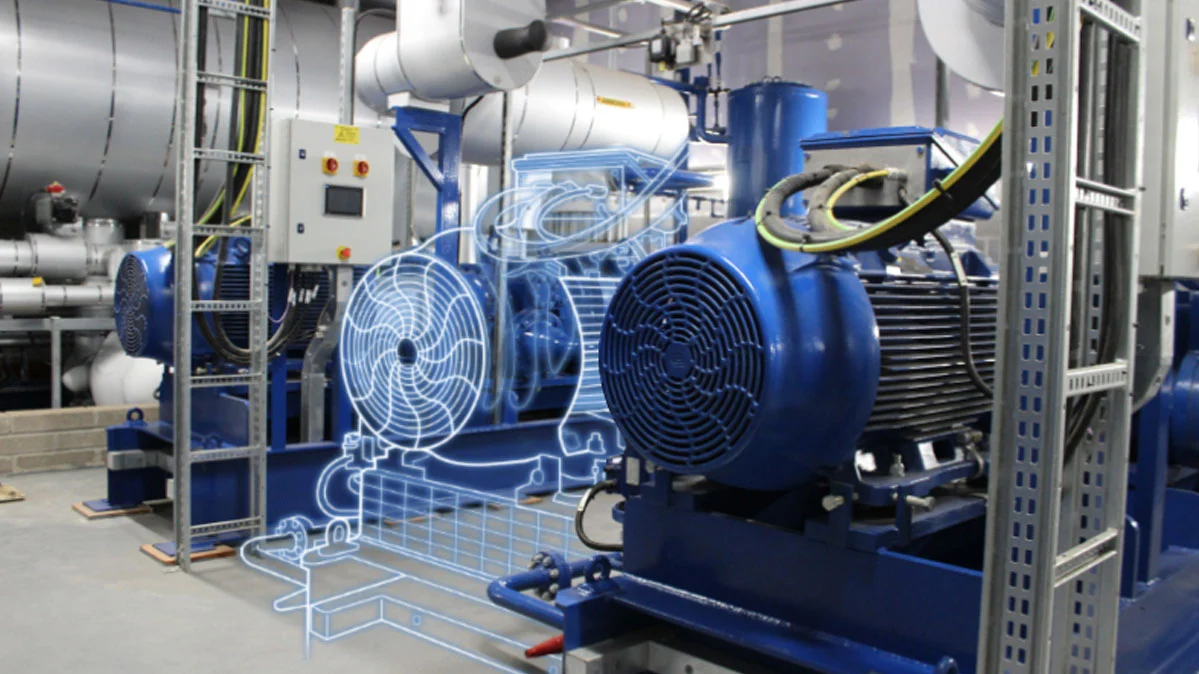Indian Startup Achieves Successful Aero Engine Design with Digital Twin
This Indian DeepTech startup, recognized by the DPIIT’s “Startup India” program, has recently achieved a significant breakthrough in Aero Engine technology using a digital twin of next-generation aero engines for cruise missiles and large unmanned aerial vehicles. With a team of 35 engineers, including experienced chief engineers with expertise in global OEMs, doctoral graduates, and talented graduates from global universities, including IIT students, Paninian has embarked on this challenging journey of designing and developing cutting-edge aero engines, also known as Turbofans, to meet critical Defense needs.
For the first time in the Indian private sector, Paninian has successfully demonstrated the design and validation of a 4.5 KN turbojet engine. This engine is being further developed into a family of engines in the thrust range of 3 to 12 KN, along with an AI-enhanced digital twin.
Another major advancement is in the development of an AI-driven digital twin for modeling the performance and forecasting of legacy engines. This is to support mission performance and life extension efforts for IAF aircraft like the Jaguar and Sukhoi. This Digital Twin platform, required for advanced forecasting, engine health monitoring, and performance supervision, has been conceived entirely from scratch in India by our engineers. India can now locally and accurately carry out engine life extension without relying on foreign assistance.
Dr. Gouda, former distinguished scientist and group director (Propulsion), and Dr. Vikas, former distinguished scientist from DMRL, part of DRDO, both currently serving as technical advisors to Paninian, noted that this digital twin platform would be of immense value to IAF and its application could extend to other defense platforms for the Navy and Army.
Mr. Senthamil Selvan, Chief Engineer leading the Engine Development Program, added that “Paninian intends to develop and manufacture this complete family of engines ranging from 3 to 12 KN in India using state-of-the-art 3D printing technology.” Paninian’s engine family design can be modularized and reconfigured as different variants to meet the power requirements of future cruise missiles and larger unmanned aerial vehicles for India, as well as for exports to friendly markets.
Founder Raghu Adla also mentioned being “immensely grateful to many senior leaders in the industry from Lockheed Martin, GE, Rolls Royce, including senior faculty leaders from DRDO, IAF, IIT, and IISc who have supported this journey.” He also emphasized the need for public sector support through grants and laboratory access. “With design and development centers in Hyderabad, Bangalore, and Pune, I feel Paninian is well-positioned to attract the best of global Indian engineering and manufacturing talent to join this exciting journey,” he added.
This innovation could significantly contribute to the “Make in India” program, making the country self-reliant in the strategic field of Aero Engines. “I am pleased to dedicate this innovation to the country on the eve of ‘Azadi ka Amrut Mahotsav’,” Mr. Raghu Adla added.
Paninian will also participate in the upcoming Wargame conducted by Insighteon Consulting, a pioneering Aerospace and Defense consultancy, to identify barriers in the development of indigenous aero engine ecosystems in India, scheduled for August 2022.
SOURCE: Economic Times. India Times Escrito por Heylin Spark



